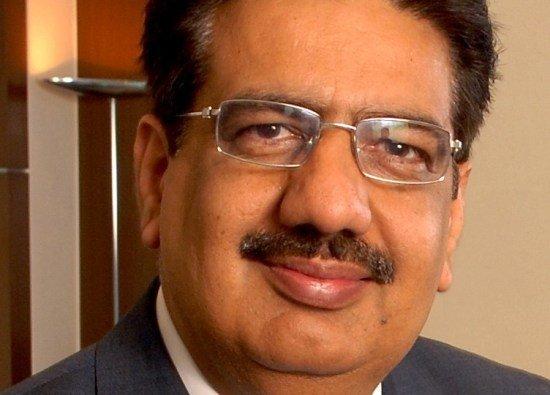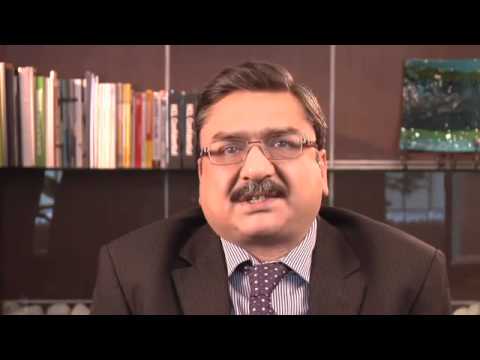Looking back at Davos: The Inception of change

I have always looked forward to the annual meetings of the World Economic Forum. This year too, as I wrote earlier, I was excited about the prospect of brainstorming the conference theme - Shared norms for a new reality. Yet, oddly, having reached the serene Alpine town of Davos, I couldn’t rid myself of a nagging doubt: Was all this high-level brainstorming worth it? Was Davos at risk of becoming a super-sized Hyde Park Speakers Corner? Or would the talk turn into meaningful action?
A quick back of the envelope calculation revealed that approximately “75,000 CEO hours” were being invested into the week-long meetings with 1400 Chairmen, CEOs and business leaders among the 26000 attendees. Was this leadership time well spent?
Yet once again, I return reassured about the unparalleled value of this melting pot of ideas.
Just as in the Hollywood film Inception, Leonardo De Caprio and his team seed an idea deep inside the mind, the sessions at Davos possess the power to plant the seed of ‘change’ in the minds of leaders from across the globe.
Why is this collective inception of change critical today?
Let me try and explain it with my theory of moving from Point A in the present to Point B in the future. I have often referred to the need to thoroughly understand our starting point, or Point A. Once we have done that, we can aim for our goal ahead, or Point B. Along the way, if the goal post shifts, we can redraw our path so long as we are clear about A. But what happens if both Points A and B shift simultaneously – for everybody?
This is exactly what we are witnessing right now. We are seeing a transformation in our Point A in our workplaces with the increasing presence of Gen Y. We are seeing a shift in Point A in the marketplace as with a new consumer psyche. And we are even seeing a new Point A on the global stage as emerging economies like India and China become dominant world players.
Point B in turn is shifting dramatically as the very definition of business success is changing. From profitability, it has become sustainability with a generous measure of corporate responsibility.
This is the new ‘shared normal’ in an interconnected world. The solutions we had mastered will not work here anymore. And as each of us tries to experiment with new business models to navigate our teams through this, a platform like Davos is invaluable in helping us learn from other’s experience.
I have returned from Davos this year with a changed perspective and a heightened sense of urgency regarding the need for sustainability. It became increasingly clear to me during the discussions that with the existing constraints on resources - be they financial, natural or human - the need to create a sustainable economy is no longer something that can be wished away or paid lip service to. Hearing people examine the question of sustainability from different angles changed my thinking.
In turn, I made an effort to change other people's thinking as a participant in the Davos panel on "New Norms for Corporations." I argued that organizations need to "put the human back in business." We need to create an environment of "employees first," one characterized by trust based on transparency. Only if we reinvent our organizations to enable and enthuse our people will we be able to come up with innovative responses to the new problems that we are faced with.
A change in perspective is an essential starting point of change. I believe that in today's one world, openness to accept changes from the Far East to the West is going to drive new norms for corporations. And Davos therefore is an invaluable catalyst that can trigger the change so necessary today.


